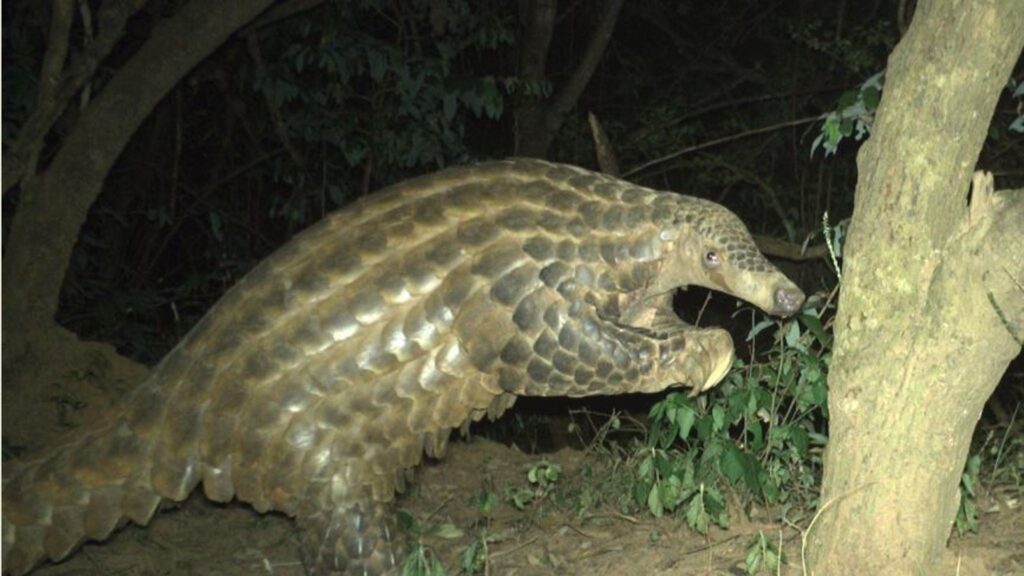
Abstract
Uganda has strengthened its wildlife legislation over the past decade, most notably through the Uganda Wildlife Act (2019), which imposes severe penalties for poaching and illegal trade of endangered species such as pangolins (Manis temminckii, M. tricuspis, and M. gigantea). Despite these measures, pangolin trafficking persists, suggesting gaps in enforcement, detection, and judicial follow-through. This study assesses the effectiveness of current laws and enforcement mechanisms in curbing pangolin poaching and trade. By analyzing prosecution data, stakeholder interviews, and case studies, it identifies legal, institutional, and operational weaknesses and provides policy recommendations to strengthen deterrence and conservation outcomes.
The illegal pangolin trade represents one of Uganda’s most persistent wildlife crimes, fueled by demand for scales in Asian markets and facilitated by porous borders and weak enforcement capacity. While the Uganda Wildlife Act (2019) elevated penalties — including life imprisonment or fines up to UGX 20 billion for wildlife trafficking — prosecutions and convictions remain rare.
This study examines whether existing legal frameworks and enforcement actions are effective deterrents.
In brief
How robust are Uganda’s wildlife laws in addressing pangolin poaching and trade?
Are the penalties sufficient and consistently enforced?
How effective are detection, prosecution, and inter-agency coordination mechanisms?
Comments are closed